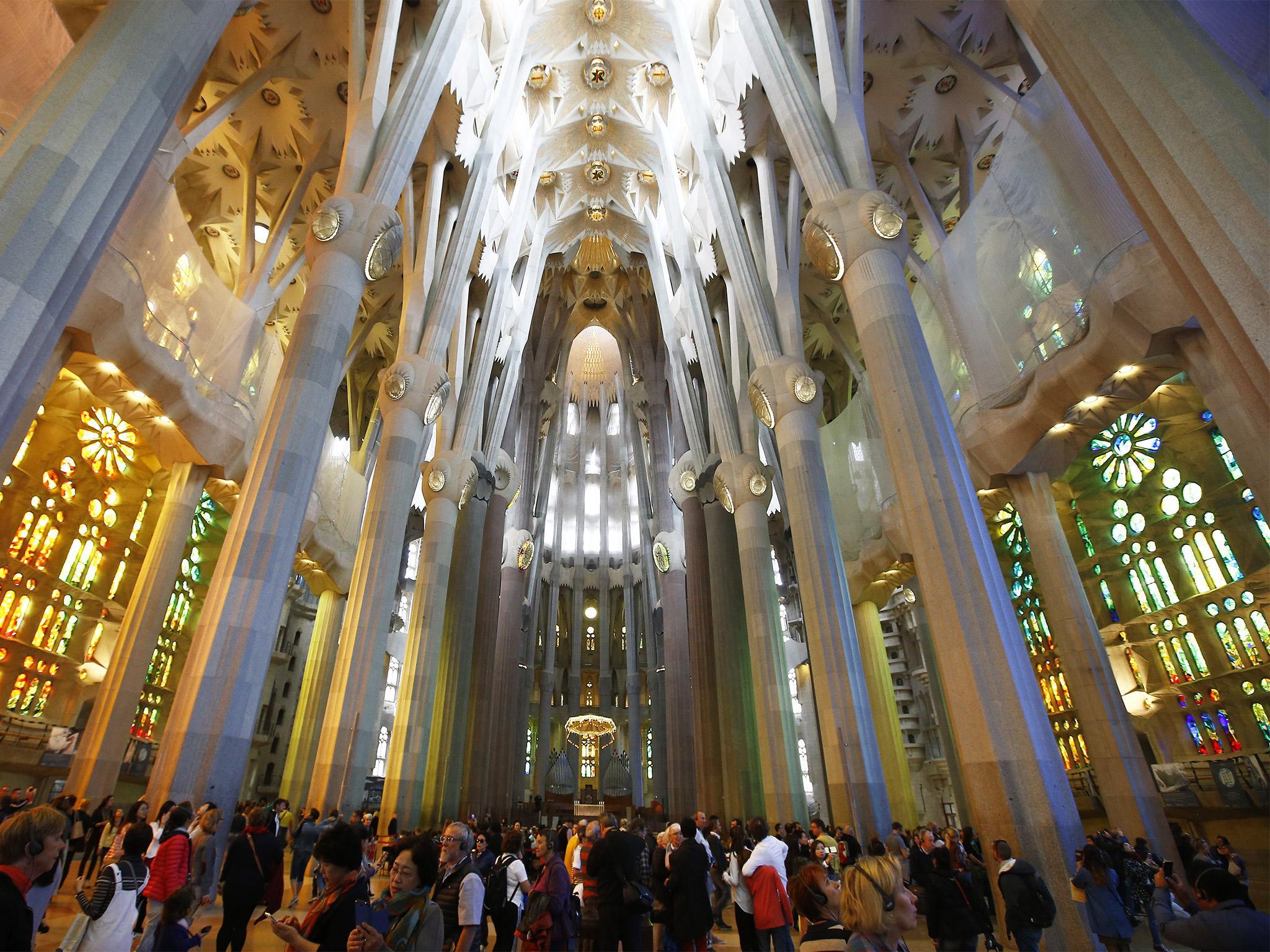Durability of CAR T-cell therapy response may depend on pretreatment disease cargo in leukemia patients
Albeit most patients with relapsed B-cell acute lymphoblastic leukemia (B-ALL) experienced accomplish response after treatment with a type of CAR T-cell immunotherapy, pretreatment disease cargo impacted the durability of the responses and long-term survival, according to data from a clinical trial introduced here at the AACR Annual Meeting 2017, April 1-5.
"Adult patients with relapsed or refractory ALL have utterly poor outcomes, with the five-year survival rate being less than ten percent. Therefore, there is a clear need to develop effective therapy for these patients," said Jae Park, MD, assistant attending physician at Memorial Sloan Kettering Cancer Center (MSKCC) in Fresh York.
"To this end, we and other groups have developed and tested CD19-specific CAR T-cell therapy [19-28z CAR T-cell therapy] and have reported encouraging results, with high initial finish response rates in patients with B-ALL. However, relapses are common, even after achieving seemingly deep remission, and severe toxicities have been observed in some patients," Park noted.
Park and colleagues, therefore, retrospectively analyzed data from a prospective clinical trial that tested 19-28z CAR T-cell therapy to identify patients who benefited the most from this therapy. All of the fifty one adult patients in this trial had relapsed or refractory B-ALL after one or more conventional multiagent chemotherapy.
The researchers measured disease cargo prior to CAR T-cell infusion in all patients and divided them into two cohorts – those who had minimal residual disease (MRD) with less than five percent blast cells in bone marrow (20 patients), and those who had morphologic disease, with five percent or more blast cells in bone marrow (31 patients).
Accomplish response rates in the MRD cohort and morphologic disease cohort were ninety five percent and seventy seven percent, respectively, which was not statistically different. After a median of eighteen months of follow-up, median event-free survival and overall survival could not be computed for those in the MRD cohort (because most patients were still disease-free and alive), but they were 6.Three months and seventeen months, respectively, for those in the morphologic disease cohort.
The examine also found that long-term survival did not improve for patients in either cohort by having a hematopoietic stem cell transplant (HSCT) after CAR T-cell therapy.
"While more patients and longer follow-up will be needed to adequately address the significance of HSTC, the result of this analysis raises a question as to whether 19-28z CAR therapy can be considered as a definitive, curative therapy rather than a bridge to stem cell transplant, at least in a subset of patients," Park noted.
"Our data suggest that incorporation of 19-28z CAR T cells at the time of MRD following first-line chemotherapy will maximize the durability of CAR T-cell mediated remissions and survival and can potentially spare these high-risk patients from HSCT, rather than waiting until they relapse morphologically and then attempting CAR T-cell therapy when it is less likely to achieve a durable long-term outcome," Park added.
Patients from the MRD cohort fared well in terms of side effects as well, compared with those in the morphologic disease cohort. Two of the major side effects associated with CAR T cells, cytokine release syndrome (CRS) and neurotoxicity, occurred in forty two percent and fifty eight percent of the patients, respectively, in the morphologic disease cohort, compared with five percent and fifteen percent, respectively, in those from the MRD cohort. No case of cerebral edema was observed in either cohort of this explore, Park noted.
A limitation of the probe is that this is a retrospective analysis and the findings will need to be validated prospectively, Park said. Further, the analysis on the influence of post-CAR allogeneic HSCT was limited by a relatively petite sample size in each cohort as the explore was not designed to specifically reaction or address that question.
Provided by: American Association for Cancer Research
Explore further
Five-year survival rate for nivolumab-treated advanced lung cancer patients much higher than historical rate
Treatment with the immune checkpoint inhibitor nivolumab (Opdivo) yielded durable responses in some patients with advanced non-small cell lung cancer (NSCLC), with a five-year survival rate of sixteen percent, according to data .
Triple-negative breast cancer patients who responded to immunotherapy had long-term survival benefit
Among patients with metastatic triple-negative breast cancer (TNBC) who were treated with the anti-PD-L1 cancer immunotherapy atezolizumab (Tecentriq), those who responded to the medicine lived significantly longer (overall .
Probe shows promising clinical activity
Immune cellular therapy is a promising fresh area of cancer treatment. Anti-cancer therapeutics, such as chimeric antigen receptor (CAR) modified T cells, can be engineered to target tumor-associated antigens to attack and .
HSCT no better than chemo in Philadelphia-negative acute lymphoblastic leukemia
(HealthDay)—For patients ≥40 years of age with Philadelphia (Ph)-negative acute lymphoblastic leukemia (ALL), hematopoietic stem-cell transplantation (HSCT) in very first remission is associated with lower cumulative incidence .
Monoclonal antibody drug superior to chemotherapy for advanced acute lymphoblastic leukemia
A Phase III clinical trial involving one hundred one centers in twenty one countries exposed the monoclonal antibody blinatumomab to be more effective than standard chemotherapy for treatment of advanced acute lymphoblastic leukemia (ALL). .
Very first multicenter trial; CAR T-cell immunotherapy effective for lymphoma
A late-breaking abstract being introduced today during the 58th American Society of Hematology (ASH) Annual Meeting and Exposition in San Diego demonstrates that chimeric antigen receptor (CAR) T-cell therapy is a promising .
